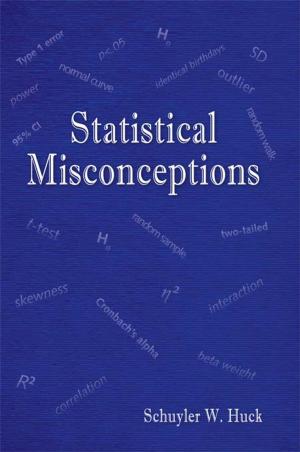Coordination Theory and Collaboration Technology
Nonfiction, Reference & Language, Language Arts, Communication, Health & Well Being, Psychology| Author: | ISBN: | 9781135664664 | |
| Publisher: | Taylor and Francis | Publication: | May 13, 2013 |
| Imprint: | Psychology Press | Language: | English |
| Author: | |
| ISBN: | 9781135664664 |
| Publisher: | Taylor and Francis |
| Publication: | May 13, 2013 |
| Imprint: | Psychology Press |
| Language: | English |
The National Science Foundation funded the first Coordination Theory and Collaboration Technology initiative to look at systems that support collaborations in business and elsewhere. This book explores the global revolution in human interconnectedness. It will discuss the various collaborative workgroups and their use in technology. The initiative focuses on processes of coordination and cooperation among autonomous units in human systems, in computer and communication systems, and in hybrid organizations of both systems. This initiative is motivated by three scientific issues which have been the focus of separate research efforts, but which may benefit from collaborative research. The first is the effort to discover the principles underlying how people collaborate and coordinate work efficiently and productively in environments characterized by a high degree of decentralized computation and decision making. The second is to gain a better fundamental understanding of the structure and outputs of organizations, industries, and markets which incorporate sophisticated, decentralized information and communications technology as an important component of their operations. The third is to understand problems of coordination in decentralized or open computer systems.
The National Science Foundation funded the first Coordination Theory and Collaboration Technology initiative to look at systems that support collaborations in business and elsewhere. This book explores the global revolution in human interconnectedness. It will discuss the various collaborative workgroups and their use in technology. The initiative focuses on processes of coordination and cooperation among autonomous units in human systems, in computer and communication systems, and in hybrid organizations of both systems. This initiative is motivated by three scientific issues which have been the focus of separate research efforts, but which may benefit from collaborative research. The first is the effort to discover the principles underlying how people collaborate and coordinate work efficiently and productively in environments characterized by a high degree of decentralized computation and decision making. The second is to gain a better fundamental understanding of the structure and outputs of organizations, industries, and markets which incorporate sophisticated, decentralized information and communications technology as an important component of their operations. The third is to understand problems of coordination in decentralized or open computer systems.















